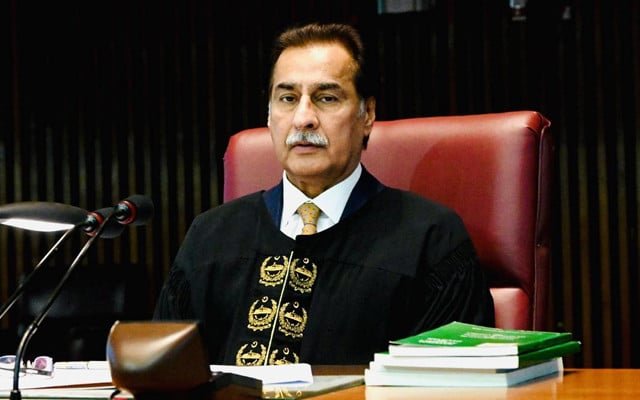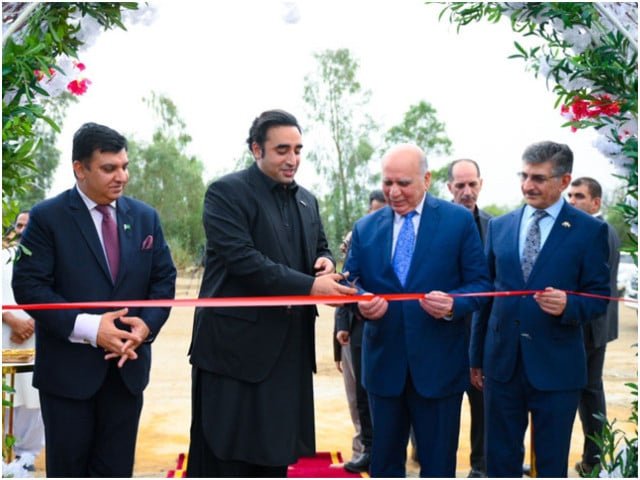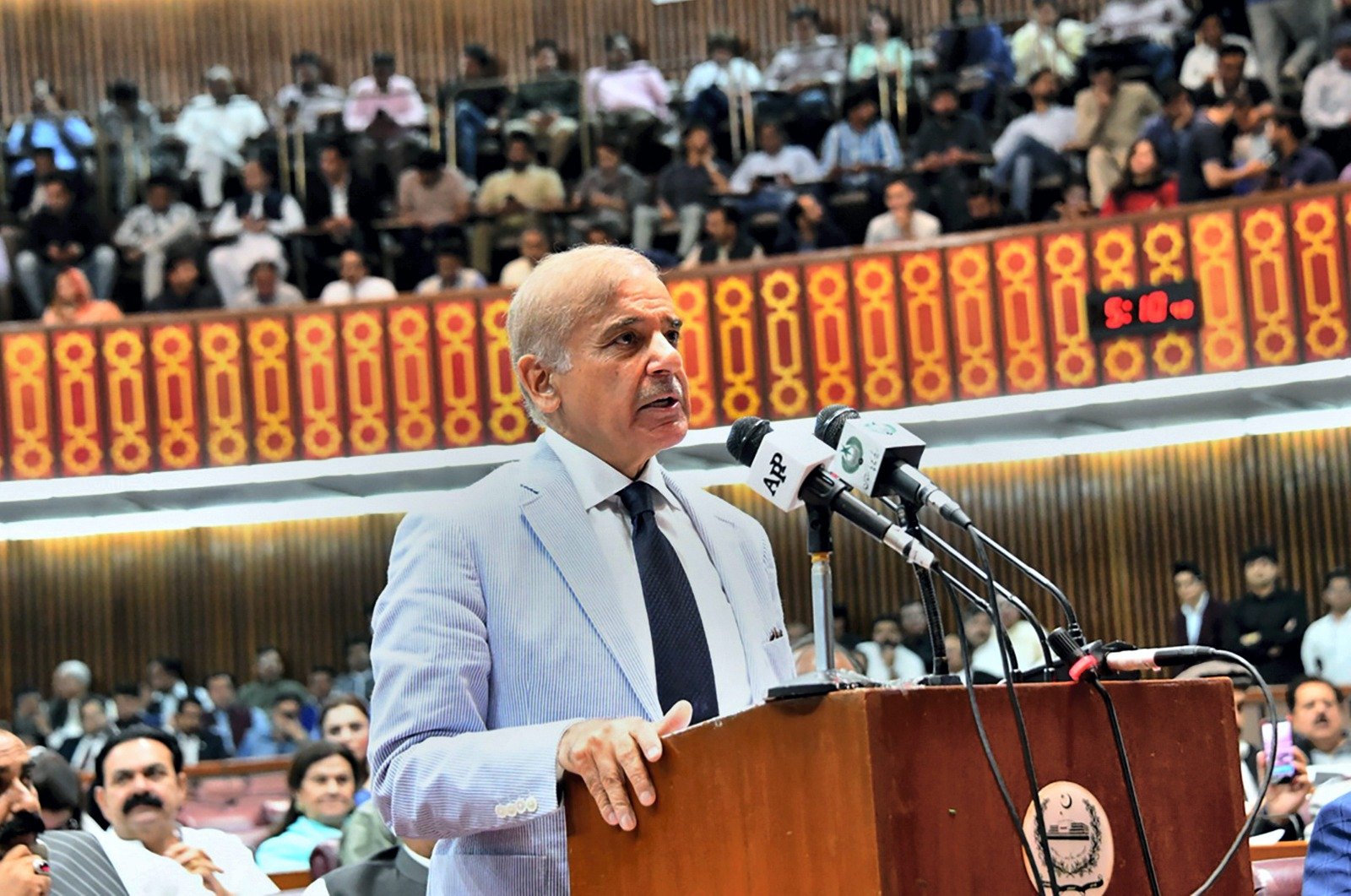Ayaz Sadiq Rejects Supreme Court’s Decision on Reserved Seats, Prefers Election Commission’s Verdict

Senior leader of the Pakistan Muslim League (N) and Speaker of the National Assembly, Ayaz Sadiq, recently voiced his stance on the Supreme Court’s decision concerning the allocation of reserved seats to the Pakistan Tehreek-e-Insaf (PTI). Sadiq stated that he would not accept the Court’s decision and would instead wait for the Election Commission’s ruling on the matter.
Questioning the Court’s Role
In a recent interview, Sadiq described the Supreme Court’s ruling on the matter as “rewriting the constitution,” especially in light of the amended Election Act of 2017. He asserted that decisions of such nature should rest with the Election Commission, not the judiciary. According to Sadiq, acknowledging court orders in such cases could set a precedent for judicial interference in legislative matters, a move he believes to be problematic.
When asked if he viewed the Election Commission as having greater authority than the Supreme Court, Sadiq emphasized that despite the Court’s ruling, he would prefer the Election Commission’s instructions regarding parliamentary seats.
Public Accounts Committee Chairmanship and the 26th Amendment
Sadiq also revealed that members from the government benches approached him with a request to take over the Public Accounts Committee (PAC) chairmanship, as they now hold a numerical advantage. He noted that he encouraged them to wait until the 26th Amendment was approved, hoping it would bring clarity to pending issues, including PAC leadership. He acknowledged the slow progress in parliamentary committee decision-making, attributing it to committee inactivity in recent months.
Judiciary’s Independence Post-26th Amendment
When questioned about the judiciary’s independence following the 26th constitutional amendment, Sadiq argued that if Parliament is empowered to make the constitution, it should equally have the authority to appoint individuals to interpret it. Referring to Article 239, he pointed out that courts traditionally cannot challenge constitutional amendments, suggesting that any attempt by PTI to do so would be a constitutional violation.
PTI’s Stance and Role of Intelligence Agencies
On PTI’s non-support for the 26th Amendment, Sadiq attributed the party’s stance to political motivations. Additionally, he refuted claims of intelligence agency personnel influencing the amendment’s approval, stating that no agency members had entered the National Assembly premises during the process.
Reference Against Defected Members
In discussing defected members, Sadiq highlighted four PTI MNAs who voted independently during the 26th amendment session. He used Adil Bazaai, an MNA from Quetta who later joined PML-N while retaining an opposition position, as an example. Sadiq has filed a reference with the Election Commission against Bazaai for being absent during the amendment vote and stated that if a party has concerns about a member, it can file a complaint for consideration.
Sadiq’s remarks underscore a tension between the judiciary and parliamentary authority in interpreting and implementing constitutional changes. His stance reflects a broader debate in Pakistan over the separation of powers and the role of the judiciary in legislative processes.










